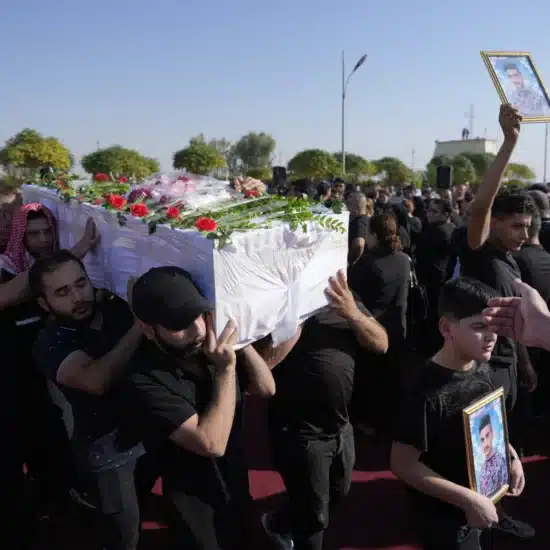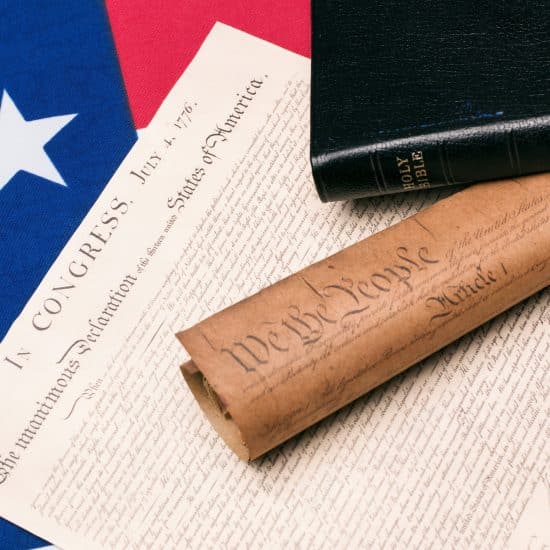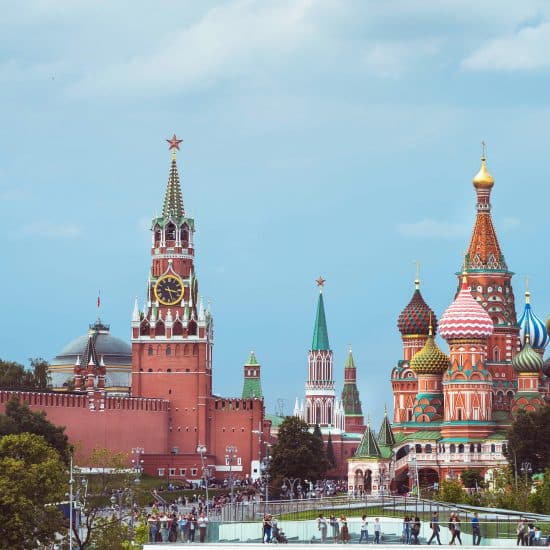WASHINGTON (ABP) — Nearly 70 percent of the world's 6.8 billion people live in countries with high restrictions on religion, according to a new study by the Pew Research Center's Forum on Religion & Public Life.
Titled Global Restrictions on Religion, the study gauges the level of restrictions due to both government actions and acts of violence and intimidation by private individuals, organizations and social groups.
Researchers combed through 16 primary sources — including reports by the U.S. State Department and the U.S. Commission on International Religious Freedom — and rated countries by 20 indicators of government restriction and 13 markers of social hostility.
The study counted 64 nations with high or very high restrictions on religion. That is about one third of the countries in the world. Because some of the most restrictive countries are very populous — like China, India and Pakistan — however, seven out of every 10 people live in a country with high restrictions on religions.
The highest overall levels of restrictions are found in countries such as Saudi Arabia, Pakistan and Iran, where both the government and society at large impose numerous limits on religious beliefs and practices.
Ten countries rank very high in government restriction. In the Southeast Asian nation of Brunei, for example, a 2005 law requires all religious groups other than the official Shafii sect of Islam to register with the government and to provide the names of their members. Authorities in Brunei arrest people for violating religious norms such as being in too-close proximity to the opposite sex. Conversion from Islam to another faith is technically legal, but only with permission the country's Ministry of Religious Affairs.
Other countries, like Nigeria, where bloodshed between Muslims and Christians has erupted several times in recent years, rate relatively low in government restriction of religion but very high in social hostility.
Government and social restrictions on religion are highest in the Middle East and North Africa and lowest in the Americas. While government restrictions in the United States are relatively few, levels of religious hostilities within society were higher than in other large democracies like Brazil, Canada and Japan. At least 1,400 hate crimes reported to the FBI involving religion both in 2006 and 2007 earned the U.S. a moderate rating social hostility.
Religious minorities most often bear the brunt of social hostilities, when — rightly or wrongly — they are viewed as cultural, economic or political threats to the majority.
Among the world's 25 most populous countries, Iran, Egypt, Indonesia, Pakistan and India stand out as having the most restrictions when both measures are taken into account, while Brazil, Japan, the United States, Italy, South Africa and the United Kingdom have the least.
Three fourths of 198 countries and territories included in the study call for religious freedom in their constitutions or basic laws, but researchers found that only 53 governments (27 percent) fully respect the religious rights written into their laws. Afghanistan, for example, appears to protect citizens' right to choose a religion other than Islam but instructs judges to rule according to Shariah law.
Ninety percent of countries require religious groups to register with the government for some purpose — such as tax-exempt status. Researchers found that in almost three counties out of every five those requirements resulted in major problems (19 percent) or outright discrimination (40 percent) against certain religious groups.
Nearly half of all countries limit activities of foreign missionaries. Forty-one percent restrict their activities and 6 percent prohibit them altogether. Seventy-five countries (38 percent) limit efforts by some religious groups to persuade other people to join their faith.
During the period of study between mid-2006 and mid-2008, Pew researchers counted 137 countries (69 percent) that harassed or attempted to intimidate certain religious groups. In 91 countries (46 percent) there were cases of physical force against religious individuals or groups by governments.
Some governments, like Saudi Arabia and Iran, restrict minority faiths by strict interpretations of Islamic law. Others, like China, seek to control religions not registered by the government, such as the Falun Gong movement and Christians who worship in private home.
Some of the countries with high restrictions, however, are widely seen as democratic. Israel, for example, has an elevated score because of security policies that limit access to religious sites and preferential treatment of Orthodox Jews.
Pew researchers reserved moral judgment about whether or not restrictions on religion are justified. Every country studied has some restriction on religion — such as keeping tax-exempt organizations from endorsing political candidates in the U.S. — and many have strong public support. They also did not attempt to analyze factors like history, demographics, culture, economics and politics that might explain why restrictions arose in the first place.
Bob Allen is senior writer for Associated Baptist Press.






